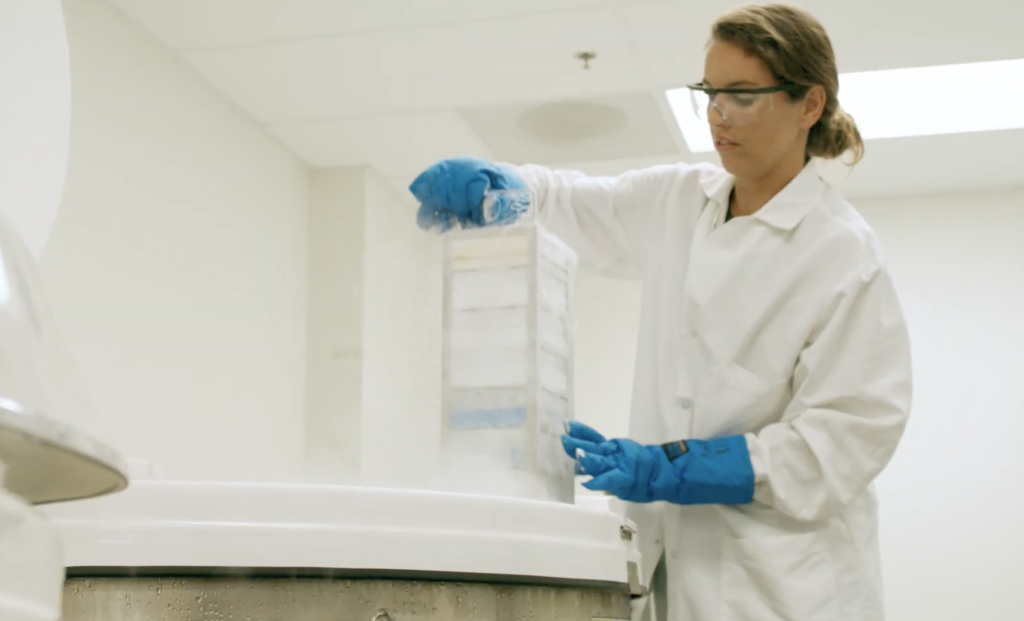Broadly neutralizing antibodies have been discovered in ~5% of HIV+ individuals. Some of those antibodies (HIV bnAbs) are capable of neutralizing over 70% of all known HIV isolates. Finally, providing a single intravenous injection of a single HIV bnAb into macaques completely protects the animals from a lethal mucosal (vaginal) SHIV challenge. These three facts provide proof-of-principle that a neutralizing antibody HIV vaccine strategy could be highly protective in humans. However, while those proof-of-principle experiments have shown the validity of the concept, major scientific and technical obstacles make most observers skeptical that a neutralizing antibody HIV vaccine will be possible. The Crotty laboratory, as part of the CHAVI-ID consortium, is intensively pursuing the idea that a neutralizing antibody HIV vaccine is possible (Burton et al., Cell Host and Microbe 2012), and it will depend on optimized Tfh cell and germinal center responses to driven the necessary affinity maturation to obtain HIV broadly neutralizing antibodies via immunization (Locci et al., Immunity 2013; Crotty Immunity 2014).
HIV Vaccine Research (AIDS Vaccine Research)
About La Jolla Institute
The La Jolla Institute for Immunology is dedicated to understanding the intricacies and power of the immune system so that we may apply that knowledge to promote human health and prevent a wide range of diseases. Since its founding in 1988 as an independent, nonprofit research organization, the Institute has made numerous advances leading toward its goal: life without disease. Visit lji.org for more information.
Share this Article:
- Research News
Future drugs could target specialized T cells to help the body fight tumors, infections, and more
- Institute News
LJI researchers receive WHAM Edge Awards to study how sex-based differences in the immune system affect patients
- Institute News
LJI scientists team up with Colorectal Cancer Alliance's Project Cure CRC to end this devastating cancer


